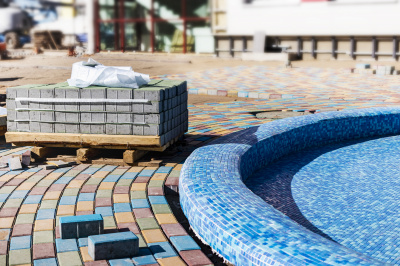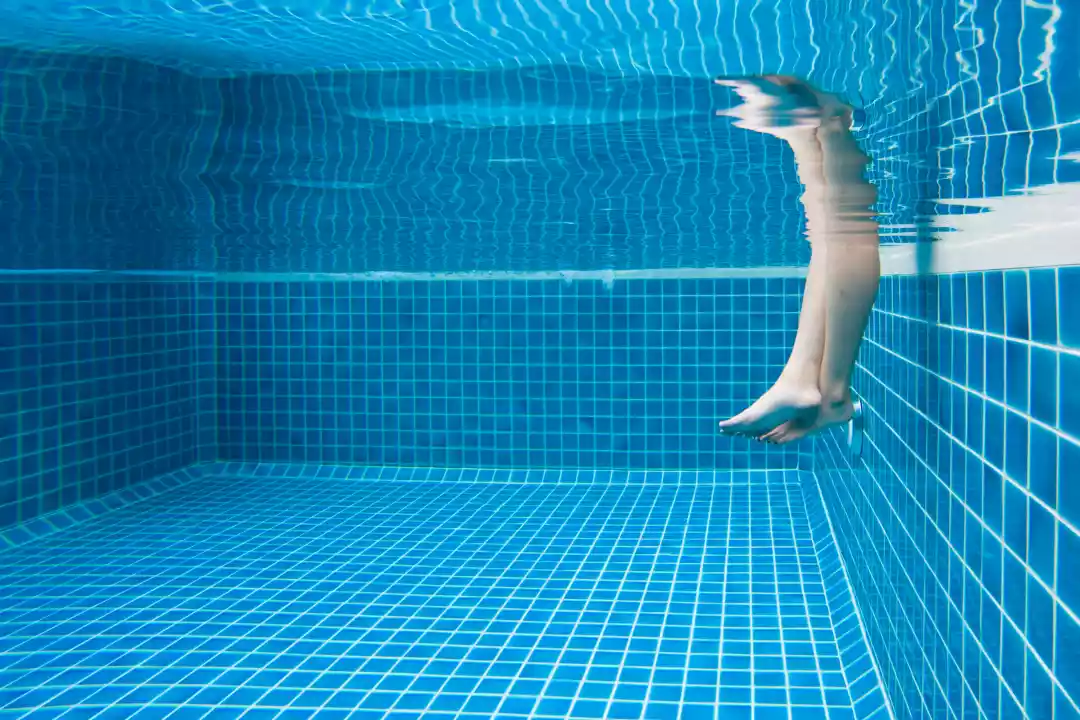Indoor Vs Outdoor Swimming Pools
Whether you’re looking to install a swimming pool for your own recreational use or as part of a business venture, understanding the pros and cons of indoor vs outdoor swimming pools is essential in helping you decide. Indoor and outdoor swimming pools offer different attractions, and each presents its own challenges when it comes to installation and maintenance. Weigh up the advantages and disadvantages before you make your decision.
What Are The Advantages Of Indoor Swimming Pools?
Indoor pools are great for all year-round leisure and exercise, providing swimmers with the opportunity to enjoy a dip without having to worry about the temperature or weather conditions outside. They can provide an escape from the hustle and bustle of life, all year long. What’s more, indoor pools require minimal maintenance, meaning less time devoted to cleaning and repairs. The heated nature of an indoor pool also ensures a comfortable swimming experience, whilst air conditioning systems help keep the environment breathable.

Need assistance finding swimming pool installation near you?
Get a QuoteWhat Are The Advantages Of Outdoor Swimming Pools?
The primary attraction of an outdoor swimming pool is the beautiful setting it provides. Sitting amongst nature, enjoying the sunshine and taking a dip as and when you please - what could be better? The natural elements of an outdoor pool also make it a great place for socialising and entertaining friends and family. Outdoor pools also lower energy and running costs, since they have no need for air conditioning or heating systems.
What Are The Disadvantages Of Indoor Swimming Pools?
The main downside to indoor pools is the cost of installation and upkeep. Not only are indoor pools more expensive to construct, but they also require more energy to keep them heated. If you’ve got a large area, an indoor pool may also reduce the amount of usable living space within the home. To keep an indoor pool clean, skimmers and water cleaners will need to be fitted, plus periodic cleaning to ensure it is kept hygienic.
What Are The Disadvantages Of Outdoor Swimming Pools?
As mentioned earlier, outdoor swimming pools are exposed to the elements, so fluctuations in temperature across the day require a good heating system. This can be costly to install and maintain, as well as consuming a lot of energy. What’s more, leaves and debris may collect in outdoor pools, requiring more frequent cleaning and potentially damaging pipework if not dealt with quickly. Lastly, outdoor pools can be affected by wildlife, such as frogs, snakes or insects, so you may wish to take measures to protect against these.
In this article:
